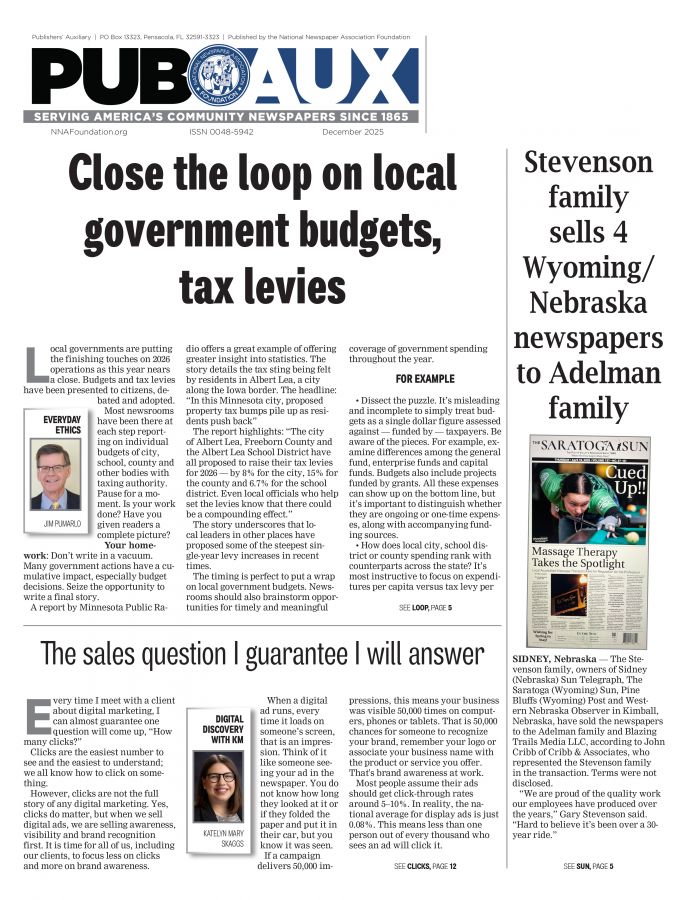Hospitals deal with Patient Protection and Affordable Care Act
Aug 8, 2014
By Al Cross
Into The Issues
Many rural hospitals are under stress because of the Patient Protection and Affordable Care Act and how states are dealing with it, and The Rural Blog has been following the issues involved.
When Congress passed the law in 2010, it mandated a gradual reduction in Medicare subsidies for hospitals with a disproportionate share of patients in that program, and many if not most of those hospitals are rural. The theory was that the hospitals would get more business because the law would provide coverage for millions of uninsured people, largely through expansion of Medicaid. But the Supreme Court made Medicaid expansion optional, and only about half the states have expanded it. That has left many rural hospitals in the lurch, and at least 14 closed last year. We’ve reported extensively on that, most recently with a story from Alabama, where 10 have closed in the last three years. Our Rural Blog item on that is at http://bit.ly/T9PtTy.
Many rural hospitals have remained open by accepting the “critical access hospital” designation, which limits numbers of beds, length of patient stays and types of procedures, in return for a bonus on their Medicare and Medicaid reimbursements. Now the Obama administration wants to narrow the definition of the designation, saying it is too broad. The Wall Street Journal looked at that and other issues facing rural hospitals, and we picked up the story at http://bit.ly/1io30T9.
Many rural hospitals are selling to, or partnering with, larger hospitals or chains. We looked at examples in upstate New York at http://bit.ly/T9OouY. One reason for such deals is the need to adapt to electronic health records; NPR did a story on that, and we picked it up at http://bit.ly/1qv79XZ.
Despite their troubles, rural hospitals are cheaper and faster than urban ones, and their patients are just as satisfied, a study found. We reported it at http://bit.ly/1lBS84C.
Many rural areas have trouble recruiting doctors, but another study found that rural physicians earn more than their urban counterparts and have a lower cost of living. We reported it at http://bit.ly/1yn2mu1.
Closures and cutbacks at rural hospitals have meant longer trips for rural residents to get medical care, and that is particularly difficult for the disabled. Many rural areas have high disability rates; the University of Montana Rural Institute developed a map showing the rates in each county, and we ran it with a story at http://bit.ly/1lBSGaQ.
Other topics and data sources
One of the greatest sources of information about rural America is the Census of Agriculture, which is taken every five years. It gathers so much data that the last census was taken in 2012 but wasn’t rolled out until May 2014. We took note at http://bit.ly/1vXcLu5.
Food security has become a larger issue in rural areas because of the closing of grocery stories with fresh produce. More than 51 percent of food-insecure counties are rural, even though rural counties make up 42.5 percent of U.S. counties, The Washington Post reported, and we took note with an interactive, county-by-county map at http://bit.ly/1lIpXv2.
Other federal surveys don’t do a good job of tracking illnesses and injuries in agriculture, according to a study by the University of California at Davis, one of the nation’s leading agriculture schools. We reported on it at http://bit.ly/1vXe5gD.
The recent development of major oil fields in areas without large pipelines has led to much more transportation of oil by rail, and a lot more derailments, fires and property damage. The Rural Blog has followed this closely, most recently at http://bit.ly/1icdzZL.
The oil boom has increased the number of reported spills at production sites, up by 17 percent last year in a number of states surveyed by Energy Wire. We took note at http://bit.ly/UfKAJm.
The latest federal report on climate change, which we excerpted at http://bit.ly/1pivE6Q, says it is already affecting the economies and cultures of rural areas, which will cause more floods and lower crop yields. And one of the latest studies of climate change, which we excerpted at http://bit.ly/1njTe0t, concluded that there is no reasonable doubt that human activities are causing climate change.
Rural Blog items always give credit to the original source, and if you use one as news, we’d appreciate a credit line, and if one inspires your own story, we’d like to know. If you do or see good rural journalism, tell us about it so we can put it on The Rural Blog at irjci.blogspot.com.
Al Cross edited and managed weekly newspapers before spending 26 years at The (Louisville) Courier-Journal and serving as president of the Society of Professional Journalists. Since 2004, he has been director of the Institute for Rural Journalism and Community Issues, based at the University of Kentucky.






